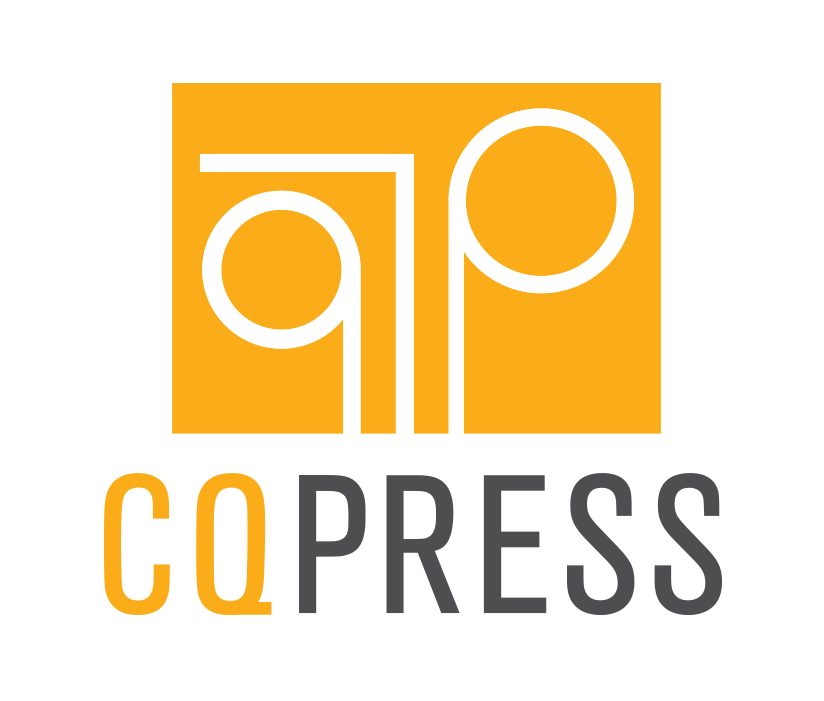
There is no universal set of criteria for a good research question. Different disciplines will have different approaches, requirements, and preferences. However, in general, a good research question will be:



Some of the materials in Gale in Context: Opposing Viewpoints are peer-reviewed and CQ Researcher reports go through an editorial review process. At the beginning of the research process, students are typically not prepared to jump right into scholarly sources. Think about the research articles that you read for your discipline - they are often incredibly specific and require some knowledge of the scholarly conversation at hand to follow the argument. The resources in CQ Researcher and Gale in Context: Opposing Viewpoints function as a bridge between an idea and the deep scholarly research they will do. They are great for getting ideas for topics, understanding the context of an issue, exploring multiple perspectives, and brainstorming keywords for searching in library databases.
